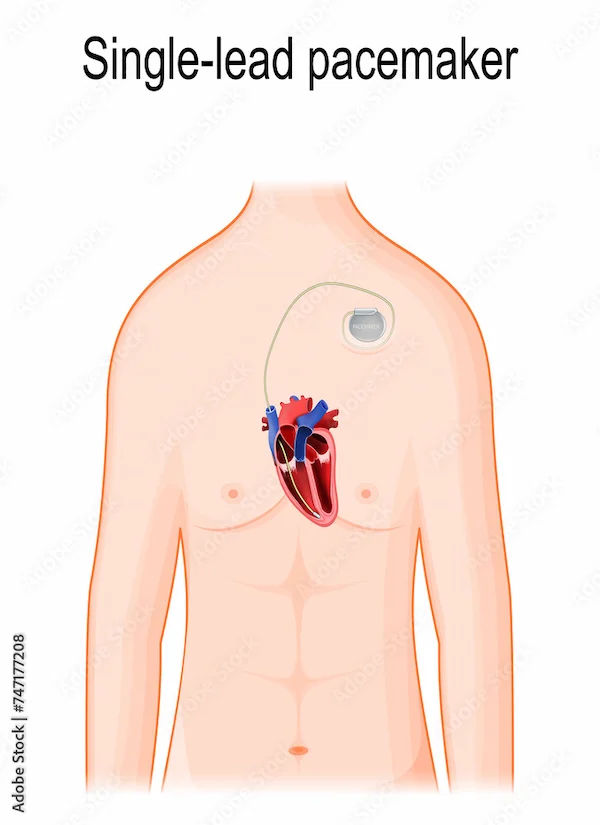- male
- 50 Years
- 31/03/2021
Can drinking lots of water lower blood pressure?
Answered by 1 Apollo Doctors
Drinking water has role in blood pressure maintenance. When a person is dehydrated BP drops initially but later on kidneys reabsorbs more water rather than excreting in urine and vasopressin is released which constricts the blood vessels, both together can increase blood pressure. Hence, every person should drink at least 3 liters of water in a day to prevent dehydration and to maintain BP. One should also note that excess water intake should also be avoided which can put more stress on heart and cause fluid retention in the body.
Dr. Shubham Suggests...
Consult a Cardiologist
Answered 04/07/2025
0
0


Ask Apollo
AI powered Health Chatbot
-
Hydration and Blood Pressure:
- Drinking water supports kidney function and helps maintain blood volume, which can prevent dehydration-related blood pressure spikes.
-
Limitations:
- Water alone is unlikely to significantly lower high blood pressure. A comprehensive approach including diet, exercise, and possibly medication is essential.
-
Medical Advice:
- Follow your healthcare provider’s recommendations for managing high blood pressure. Water intake should complement, not replace, other strategies.
-
Potential Risks:
- Excessive water intake can lead to electrolyte imbalances. Moderation is important.
In summary, while staying hydrated is beneficial, it should be part of a broader blood pressure management plan. Consult a healthcare professional for personalized advice.
Recommended next steps
Consult a Cardiologist or Consult a General Practitioner
Answered 20/08/2025
0
0
More Cardiology Health Queries
View allI'm feeling really worried because I've been dealing with fatigue for about 20 days now, and it just doesn't seem to go away. I've also had some headaches on and off. Could these be signs of a heart attack?
Fatigue and headache are not specific symptoms of a heart attack. However, it is important to pay attention to any unusual symptoms you may be experiencing. Fatigue and headache can be caused by various factors such as stress, lack of sleep, dehydration, or underlying medical conditions. It is recommended to consult a healthcare professional for a proper evaluation and diagnosis.
Answered by 1 Apollo Doctors
What is Torsades de Pointes?
Rare type of ventricular tachycardia , characterized by a gradual change in amplitude and twisting of the QRS complexes around an isoelectric line on the electrocardiogram, which can be life threatening .
Answered by 1 Apollo Doctors
My mom has this needle-like pain in her left hand index finger and it's moving up to her chest. It happens every 10 minutes, and it's really sharp pain both in the finger and her chest. She's also complaining about pain in her neck and legs. Could this be something serious, or should we get it checked out?
.I would suggest you to get an ecg done and rule out the cardiac causes and also measure blood pressure and sugars to see if there is any fluctuations...It might be neuropathy too
Answered by 1 Apollo Doctors
Disclaimer: Answers on Apollo 247 are not intended to replace your doctor advice. Always seek help of a professional doctor in case of an medical emergency or ailment.



